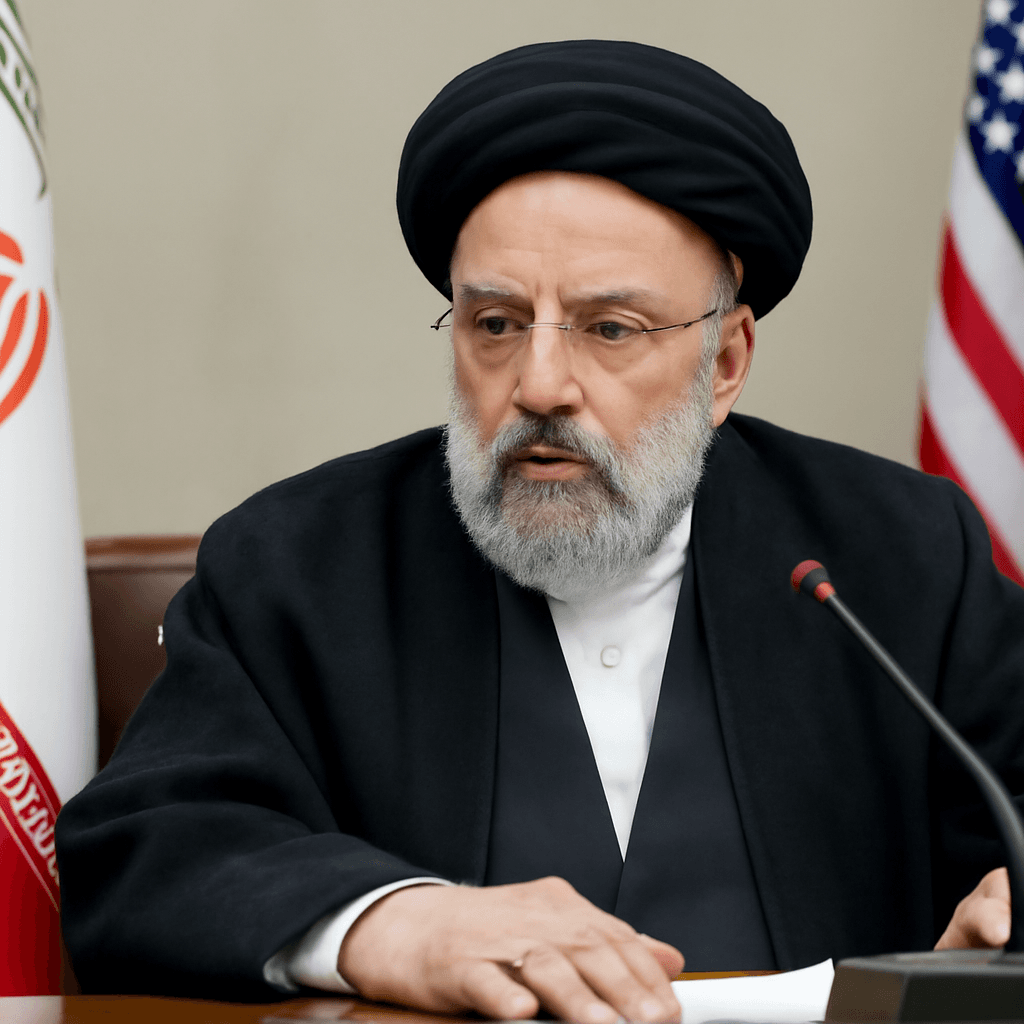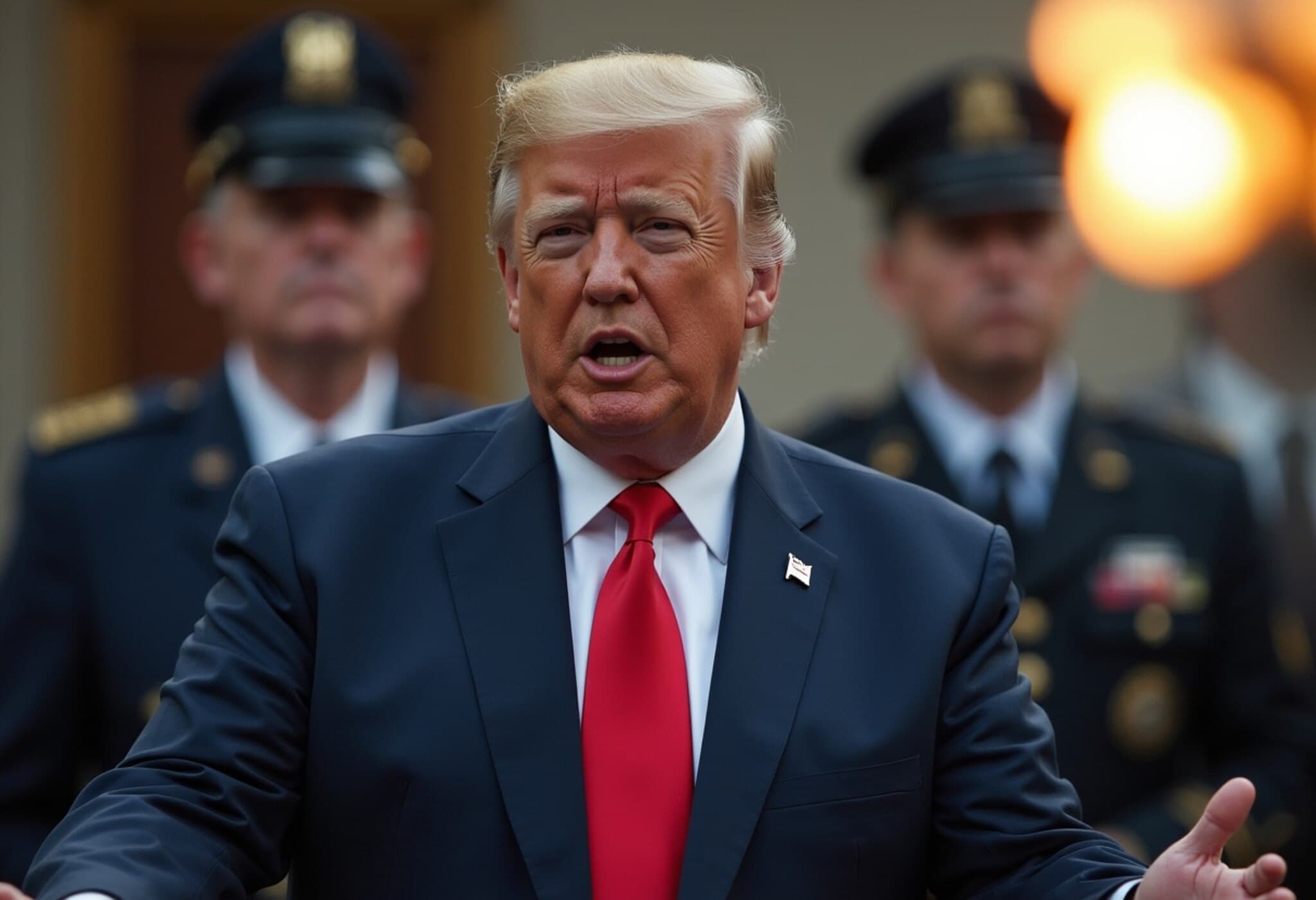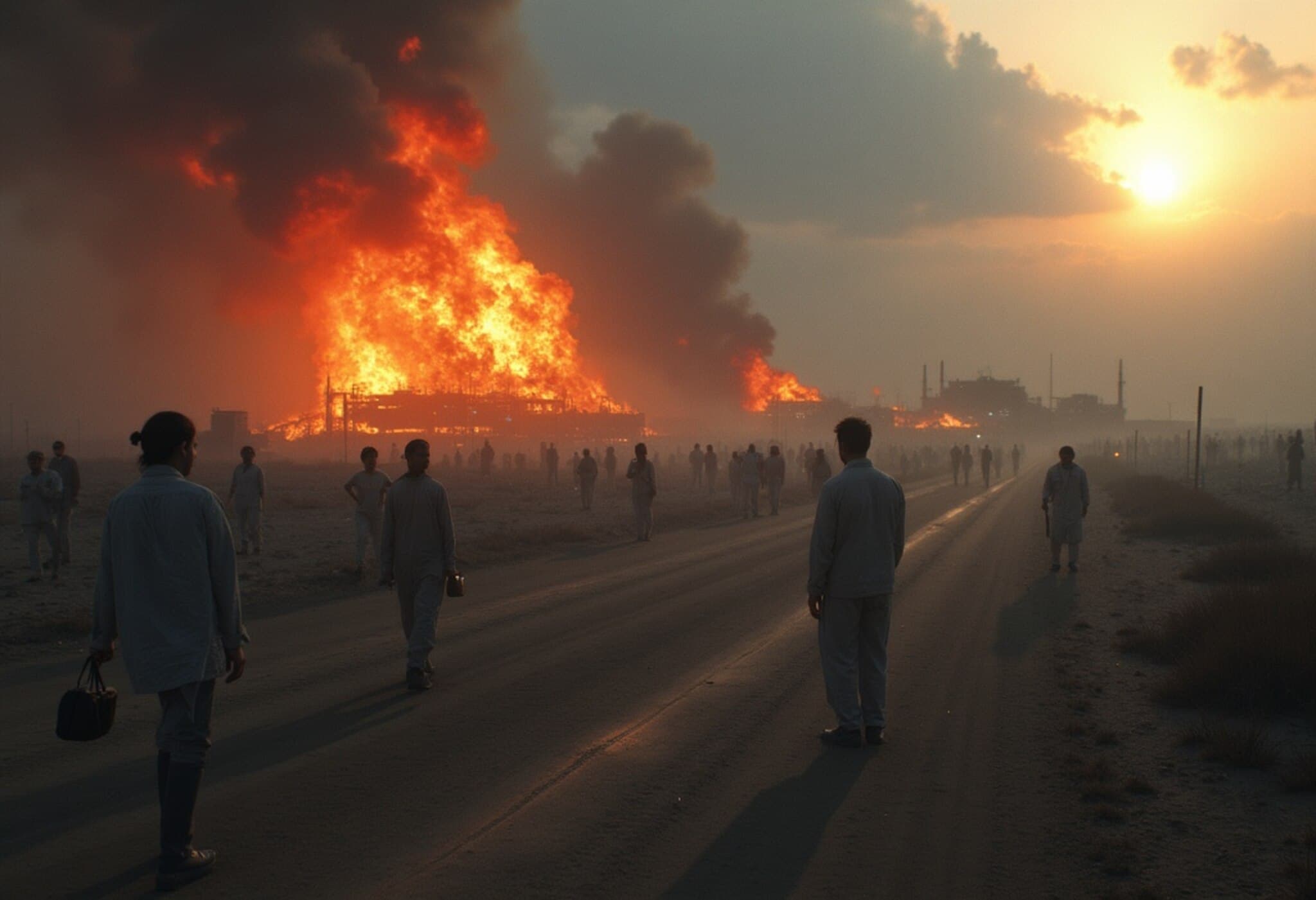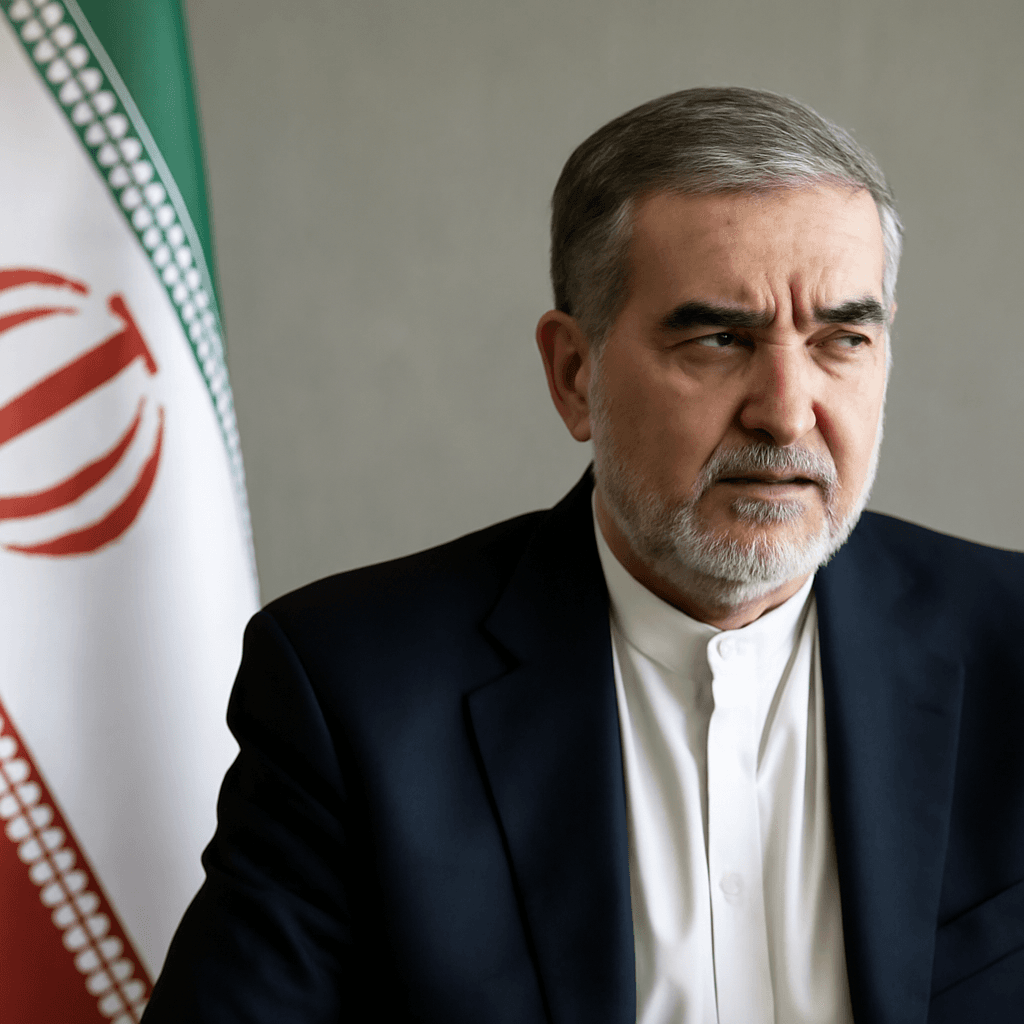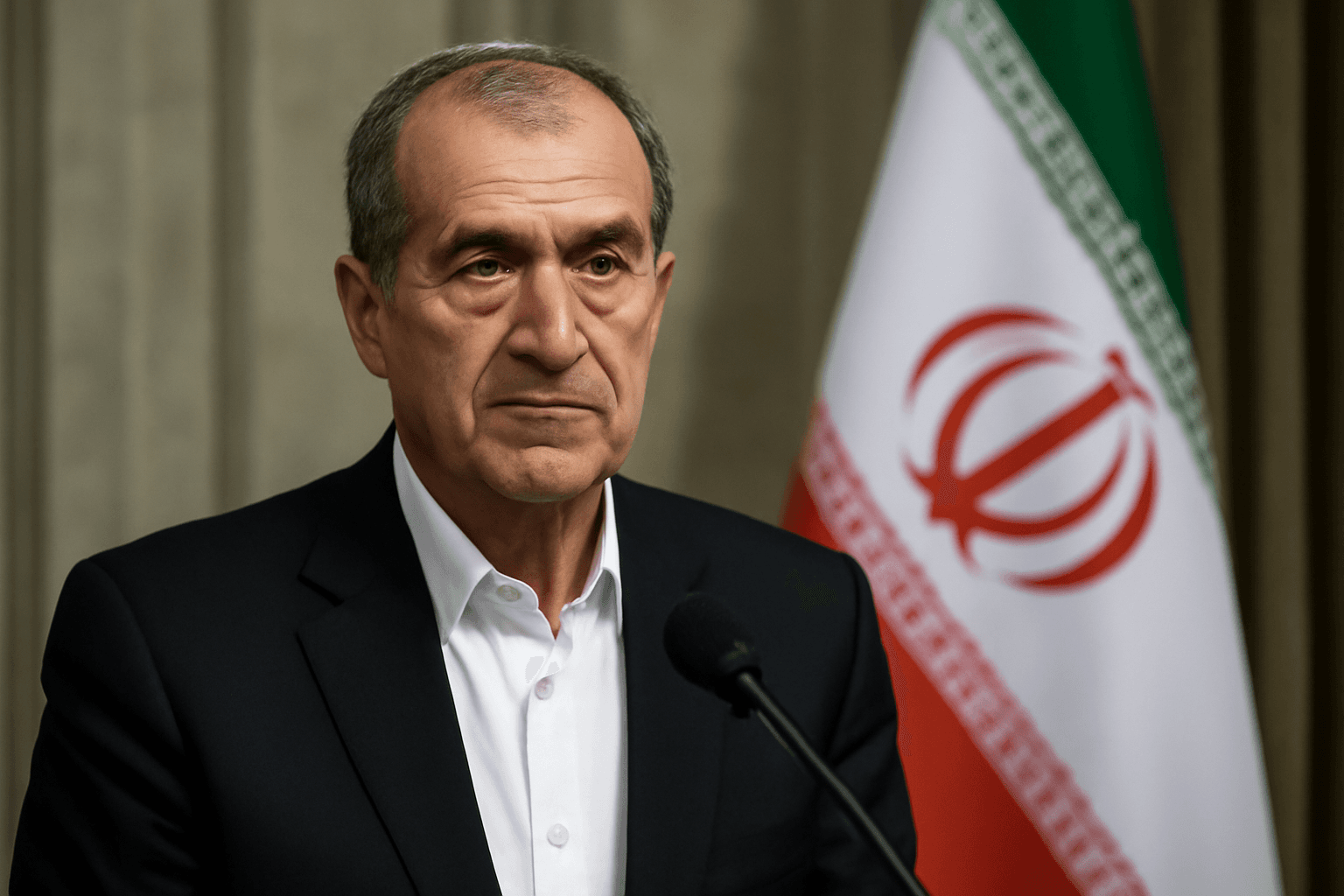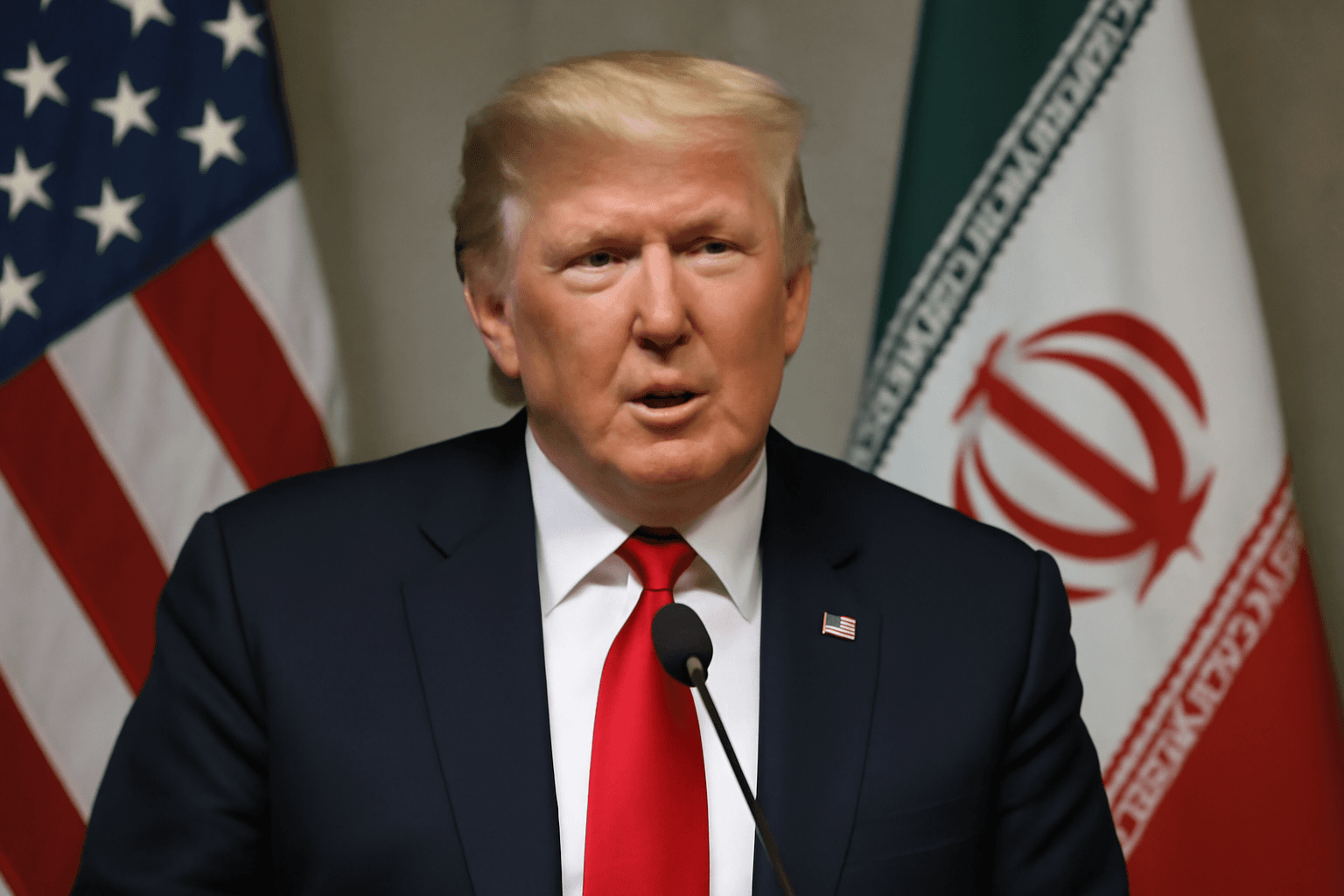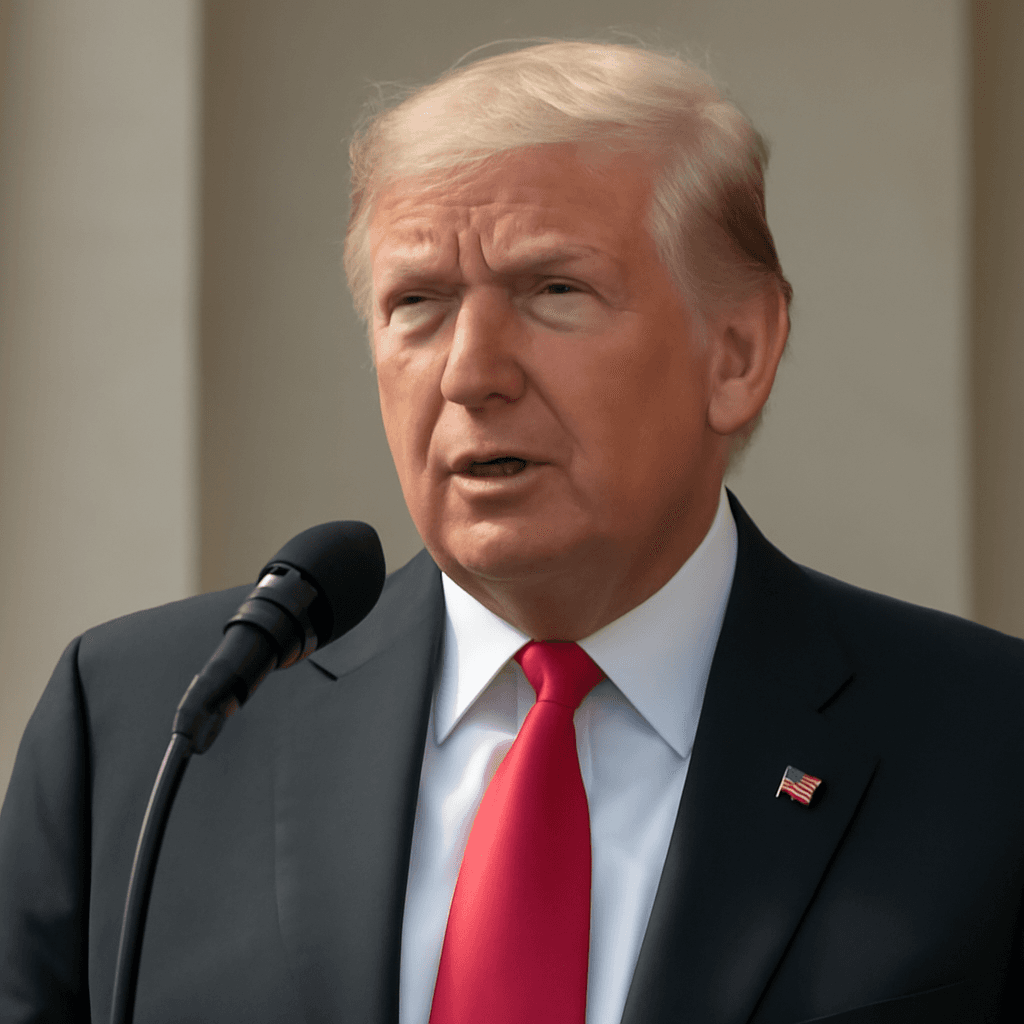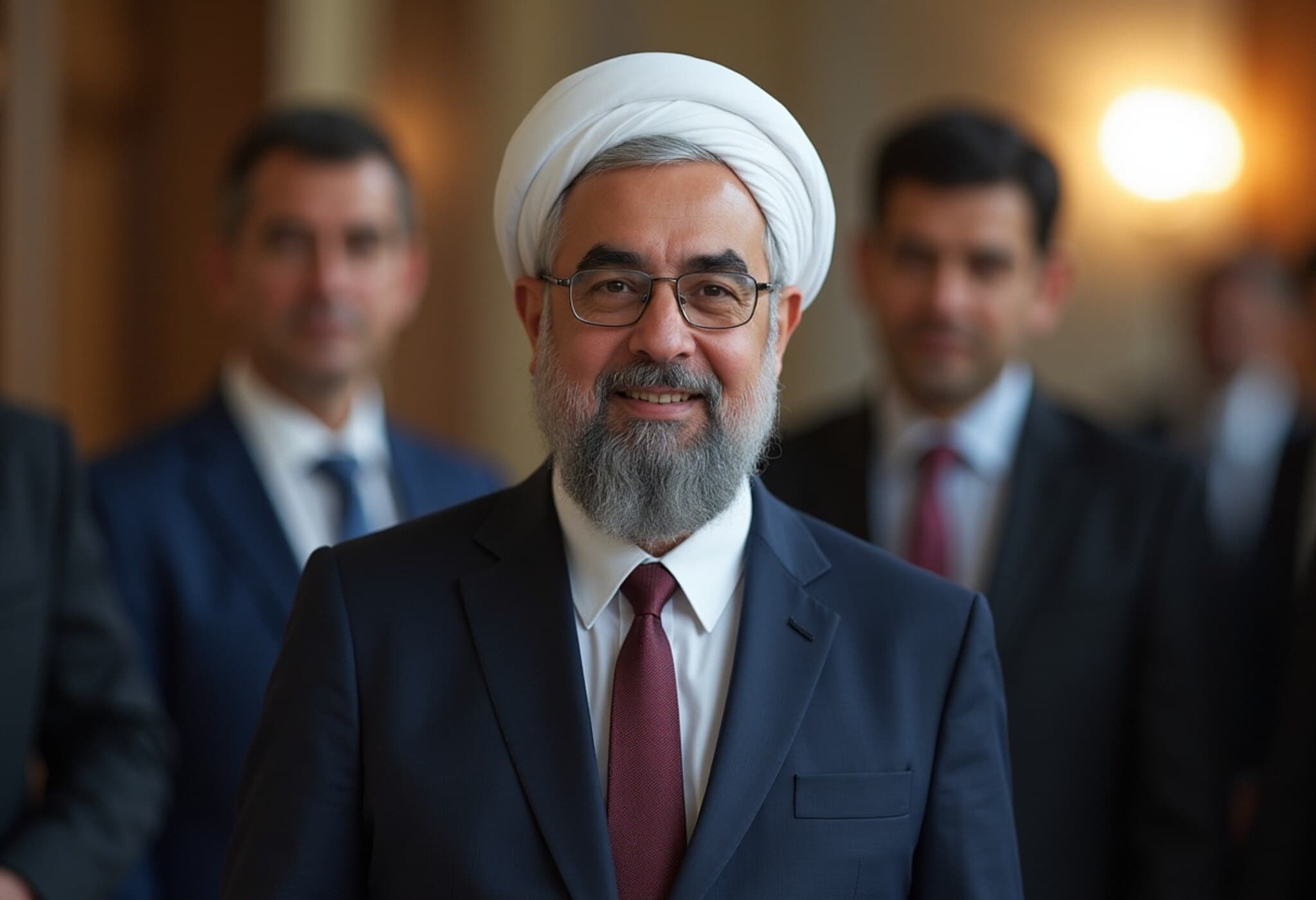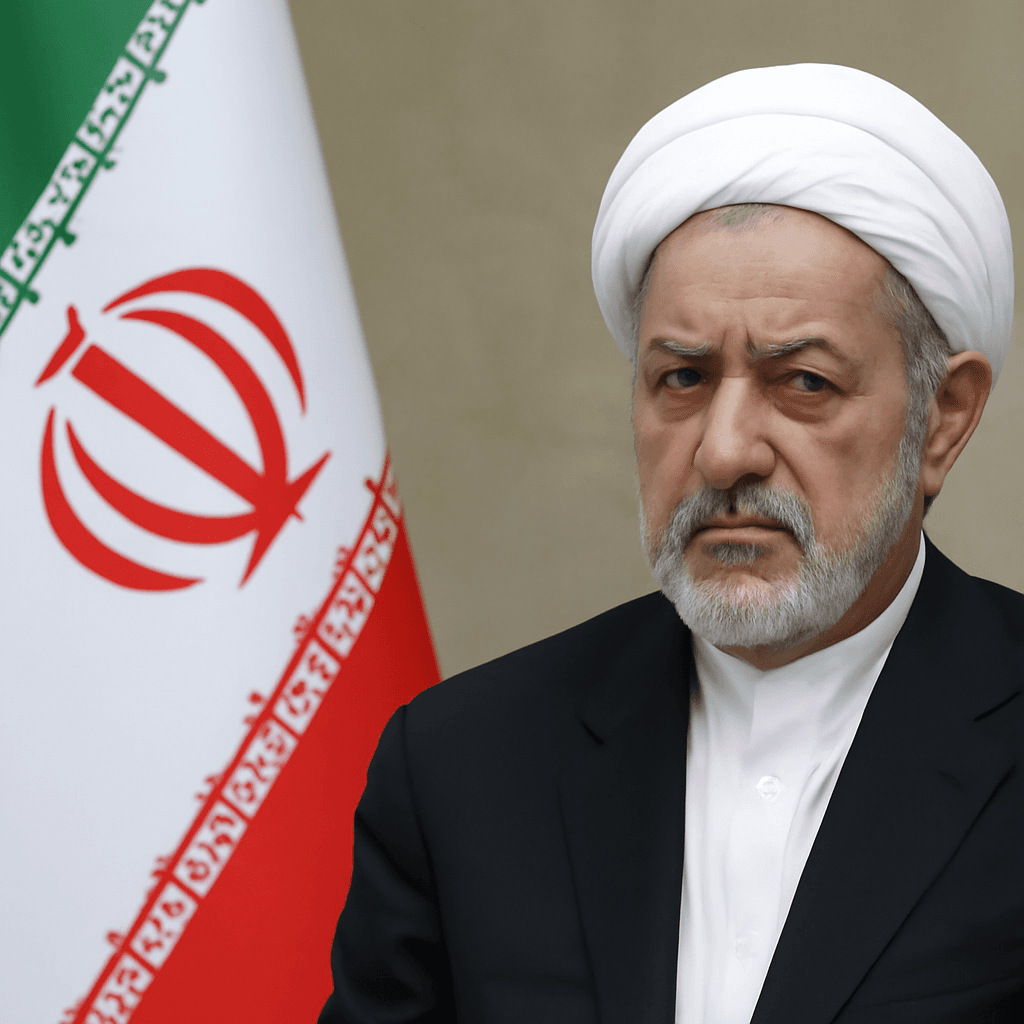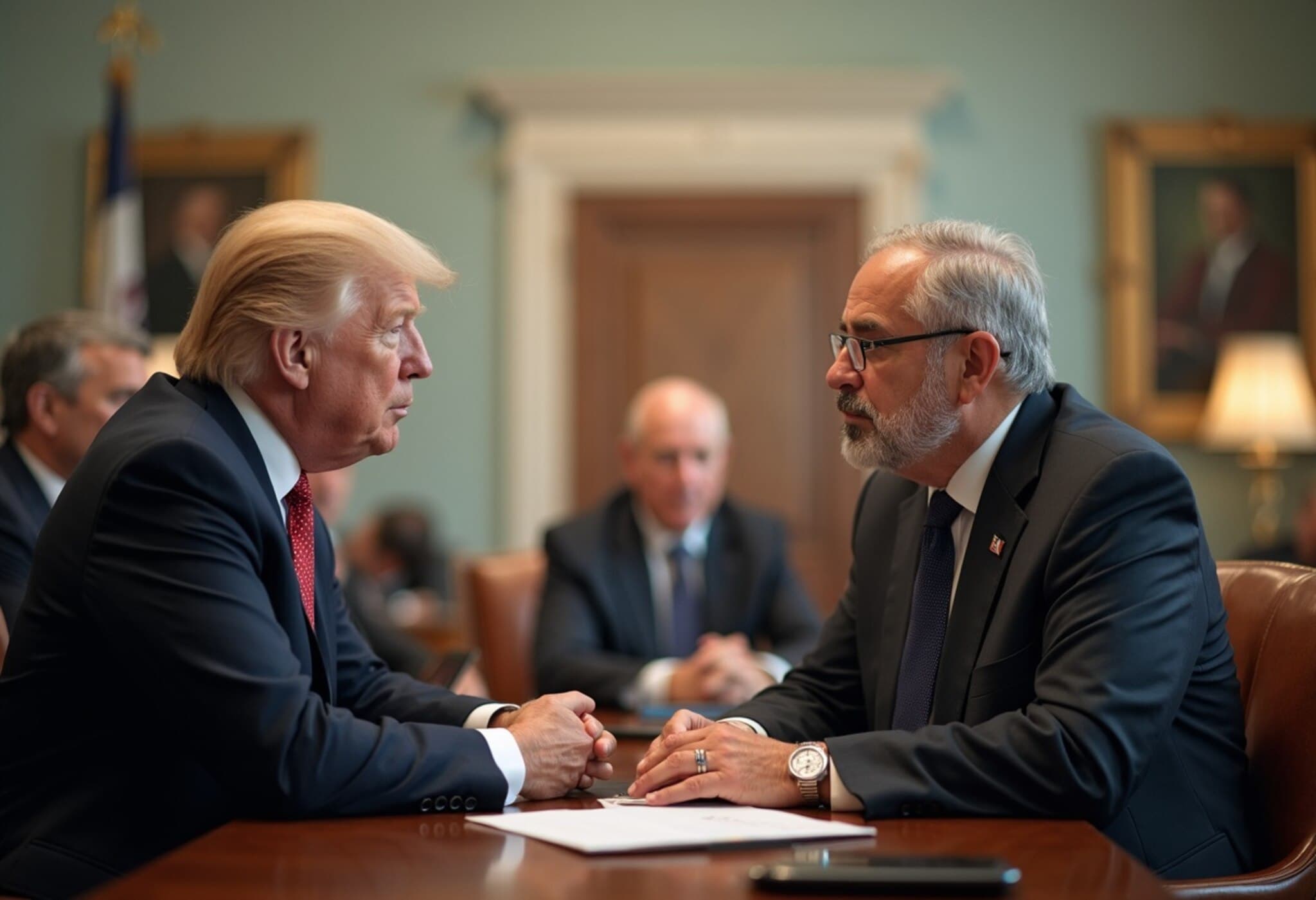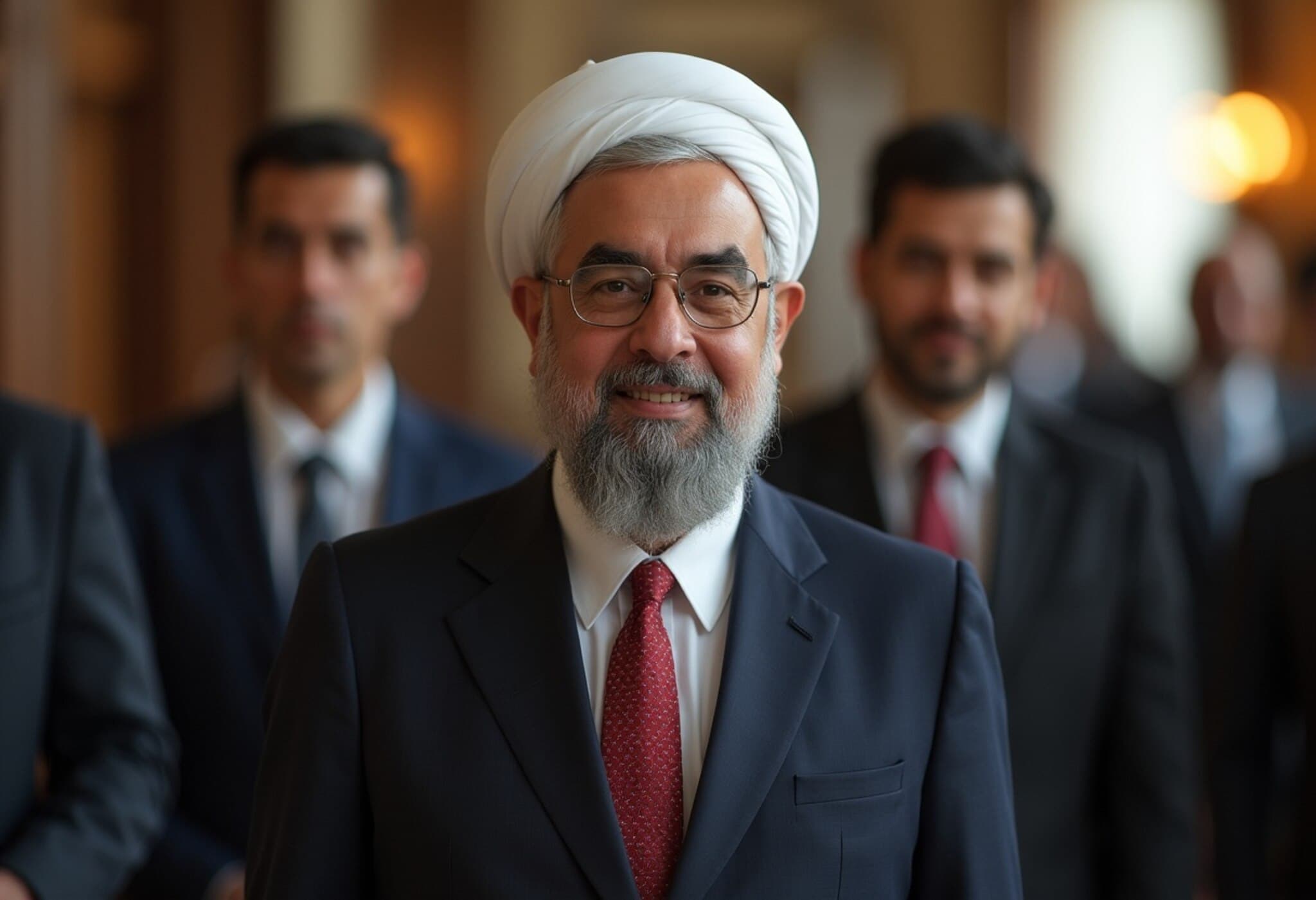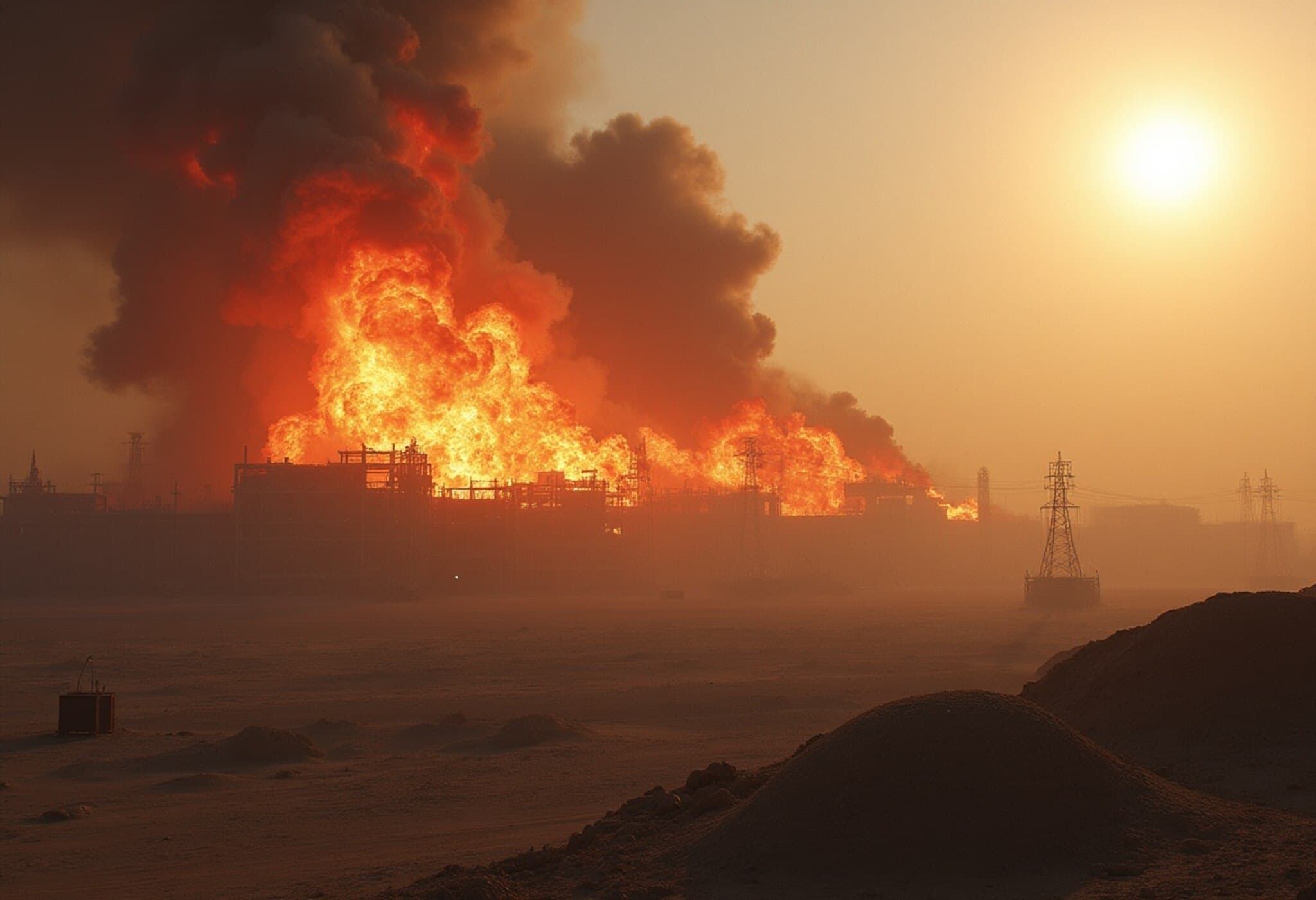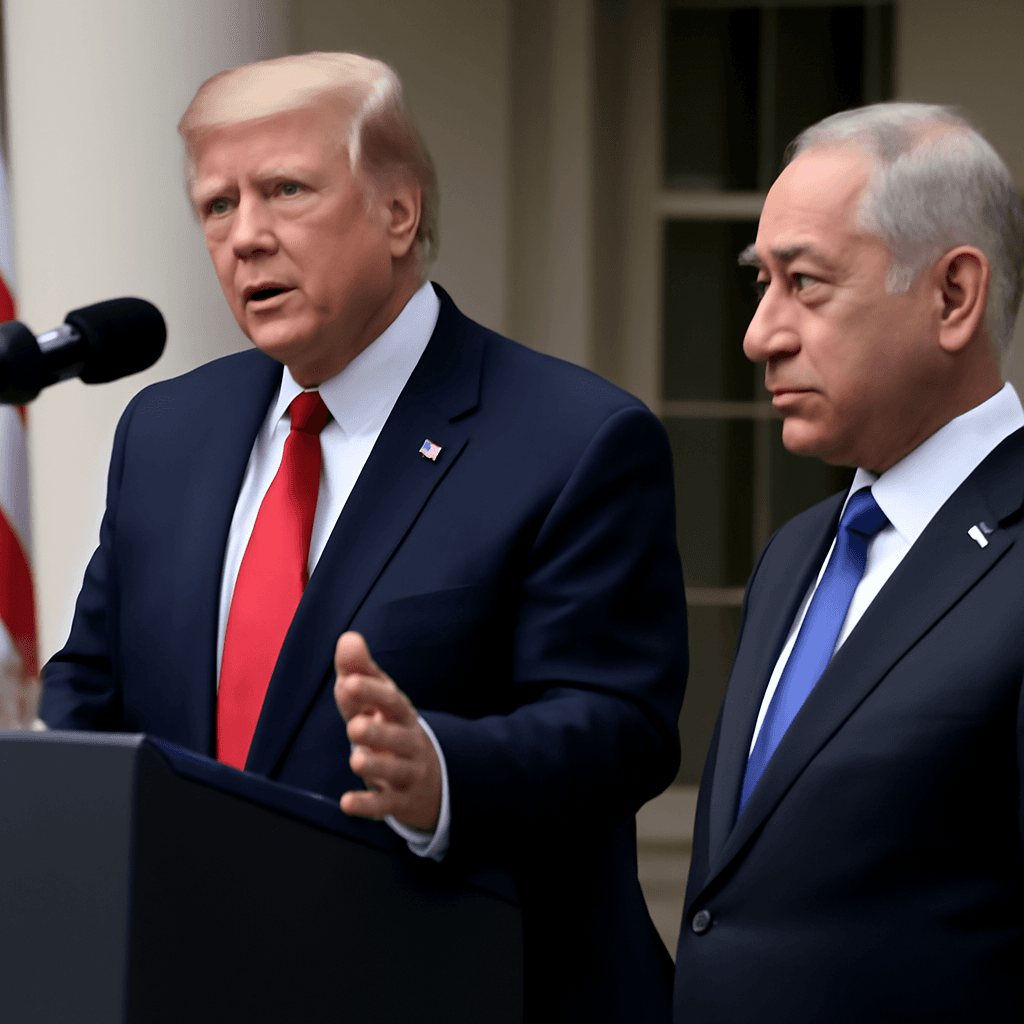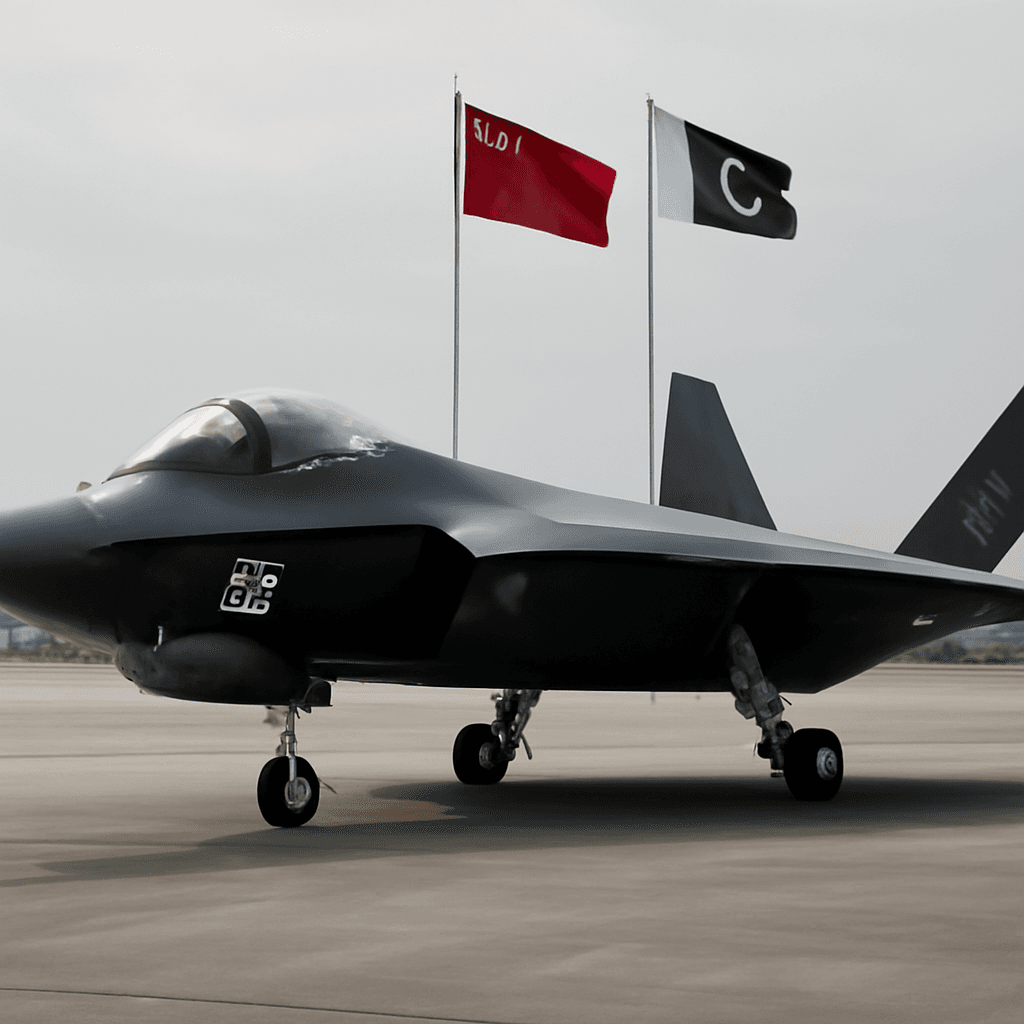Iran Prepares Counter-Proposal in Response to US Nuclear Deal Draft
In a significant development in the ongoing nuclear negotiations, Iran announced on Monday that it will soon submit a counter-proposal to the United States. Tehran has dismissed the current US offer as unacceptable, signaling continued friction over key elements of the nuclear agreement.
Tehran’s Firm Stance on the US Proposal
Esmaeil Baghaei, spokesperson for the Iranian Foreign Ministry, underscored that the US draft does not reflect the outcomes of earlier talks and is therefore rejected by Tehran. According to Baghaei, Iran intends to present a "reasonable, logical, and balanced" proposal through Oman once it is finalized.
He emphasized that sanctions should only be lifted once Iran gains tangible economic benefits, with banking and trade relations returning to normal. This condition remains a sticking point in the stalled negotiations.
Key Issues Fueling the Deadlock
- Uranium enrichment: Iran firmly refuses to halt enrichment activities on its soil, a point reaffirmed by Supreme Leader Ayatollah Ali Khamenei.
- Shipment of enriched uranium: Tehran rejects demands to ship enriched uranium abroad, a critical bone of contention.
- Sanctions relief: Iran demands comprehensive lifting of economic sanctions before making any concessions.
- Verification and trust: Both sides remain wary of compliance assurances.
Currently, there is no confirmed timeline for the anticipated sixth round of talks between Iran and the US, leaving the nuclear deal's future uncertain.
Context: The Weight of History and Regional Tensions
The nuclear agreement originally struck in 2015, involving Iran and six world powers, aimed to curb Iran’s nuclear ambitions in exchange for sanction relief. However, the US withdrawal from the deal in 2018 reignited tensions, with Iran escalating its uranium enrichment efforts beyond limits set under the pact.
Western nations, including the US, remain wary, suggesting Iran’s nuclear program might have military dimensions, despite Iran's insistence on its peaceful intentions. Meanwhile, Tehran criticizes Western powers for overlooking Israel’s unacknowledged nuclear capacity. Iran has even announced plans to reveal sensitive Israeli documents, accusing Israel of attempting to undermine diplomatic progress.
Voices from Tehran
"The US proposal is unacceptable as it does not stem from previous negotiation rounds," said Esmaeil Baghaei. "Our counter-proposal will be fair and balanced, and we will present it via Oman once ready."
He further stated, "Before sanctions are lifted, Iran must see clear economic gains, alongside restoration of reliable banking and trade relations."
On regional interference, Baghaei warned, "Israel should not be allowed to disrupt the diplomatic process."
Looking Ahead
With Iran poised to deliver its counter-proposal, the upcoming phase of nuclear negotiations remains critical. The outcome will hinge on whether both parties can bridge their differences over uranium enrichment, sanctions, and regional security concerns. Diplomatic watchers will be closely monitoring how this complex and delicate process unfolds.
Stay tuned for further updates on this evolving story.

